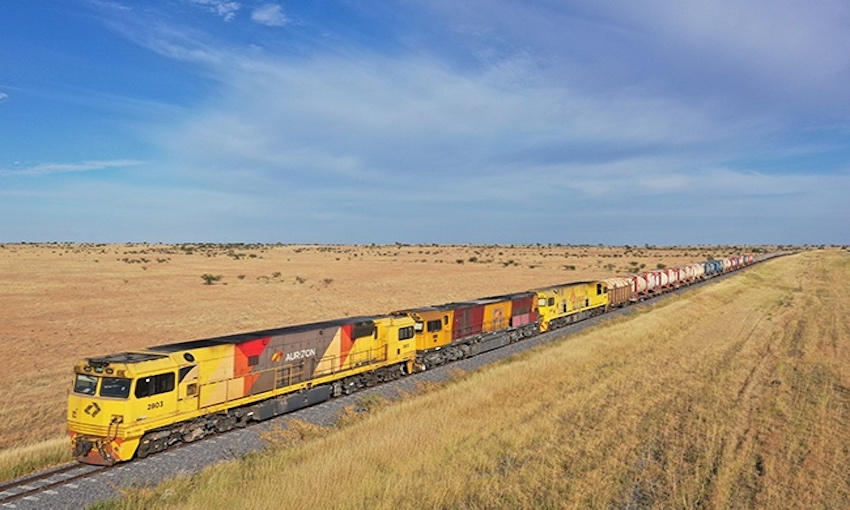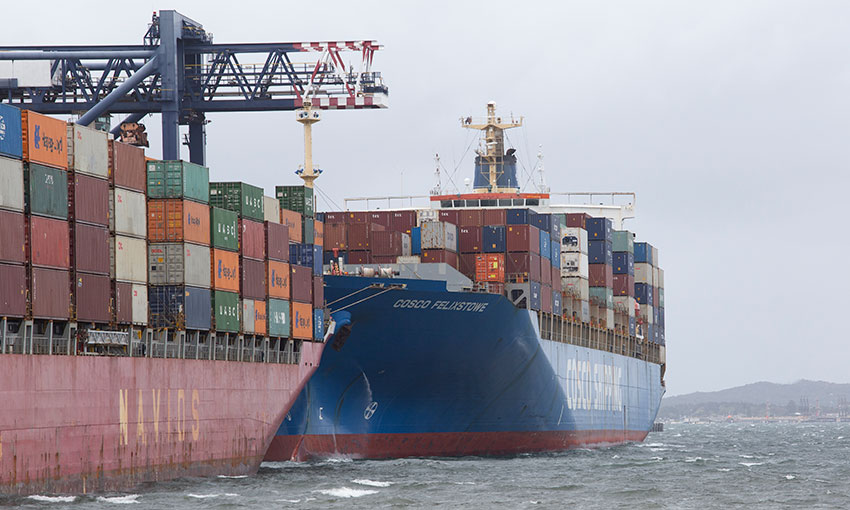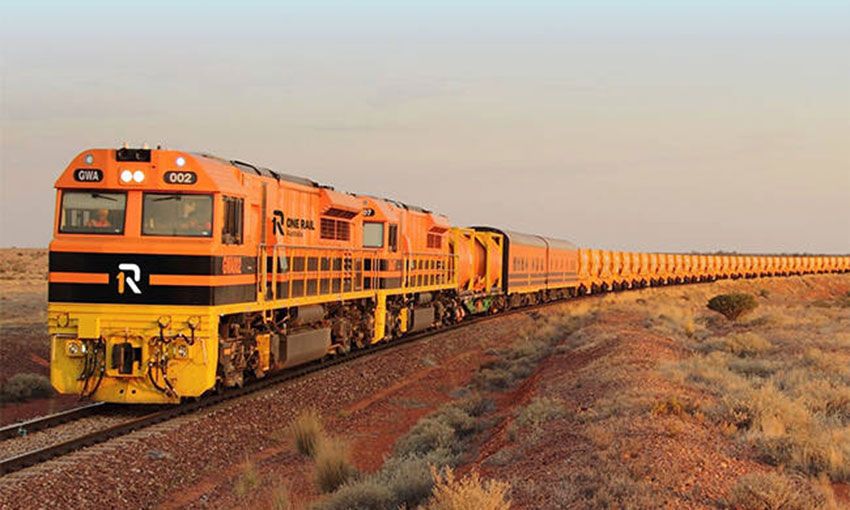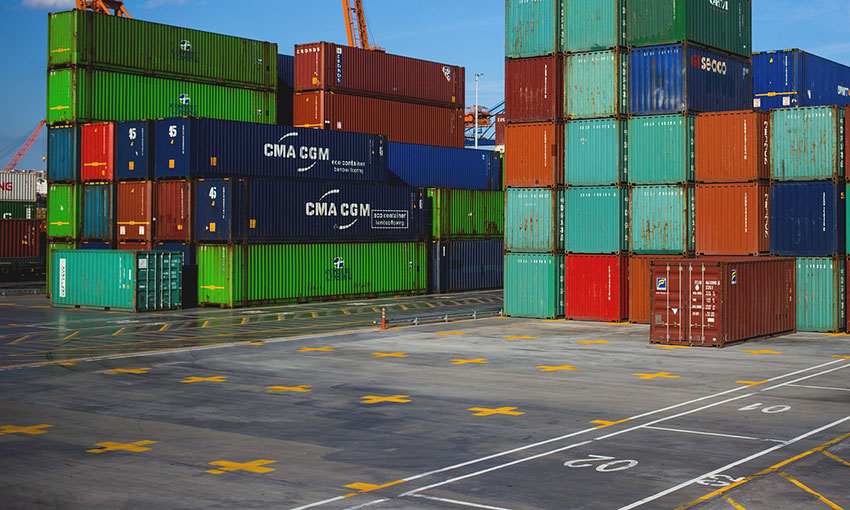THE AUSTRALIAN Competition and Consumer Commission has approved Aurizon’s proposed acquisition of One Rail Australia, subject to the divestment of ORA’s east-coast business.
ACCC chair Gina Cass-Gottlieb said without the divestment of ORA’s east-coast business, the ACCC considered that the proposed acquisition would reduce the number of main competitors in the supply of coal haulage in New South Wales and Queensland from three to two. This, she said, would likely result in higher prices or decreased service levels.
Aurizon and One Rail both supply rail haulage services for coal in New South Wales and Queensland and are the two of the three main suppliers of coal haulage in these states, along with Pacific National.
According to the ACCC, Aurizon is the largest supplier of coal haulage in Queensland, and the second largest in NSW.
ORA is a well-established third supplier in NSW and has recently emerged as a third competitor in Queensland.
In October last year, Aurizon signed an agreement to acquire ORA for $2.35 billion.
Aurizon offered a proposed undertaking to the ACCC early in the process to divest One Rail’s east coast business, which includes its coal haulage operations in NSW and Queensland.
The undertaking allows Aurizon to sell the business either by a trade sale or demerging it as a new separate ASX-listed entity.
“The divesture ensures that there will remain three main suppliers of coal haulage in New South Wales and Queensland,” Ms Cass-Gottlieb said.
Aurizon welcomed the decision. The company said the deal is expected to be complete by the end of this month.
Aurizon managing director and CEO Andrew Harding said the ORA acquisition would be transformative for Aurizon, allowing it to grow into new geographies and markets.
“The transaction secures one of Australia’s most important infrastructure assets connecting regions rich in resources and agricultural commodities with Darwin, the closest port to Asia,” he said.
“In addition, the business includes bulk haulage operations, facilities and a 400-strong workforce in South Australia and the Northern Territory to serve existing customers and growth opportunities in base metals, agriculture, iron ore and for new-economy metals such as manganese and copper.”
The ACCC also considered the impact of the proposed acquisition on competition in one or more regional markets for the supply of rail haulage services for bulk commodities, other than coal.
“We are also satisfied that the divestment of One Rail’s east coast business would preserve it as a potential competitor to Aurizon for the supply of non-coal bulk rail haulage in the future, and Aurizon would continue to be constrained by a number of existing bulk rail haulage competitors,” Ms Cass-Gottlieb said.
Divestiture remedies generally involve the divestiture business being sold to a purchaser approved by the ACCC. In this case, the undertaking includes an option for the divesture to occur by demerging the east coast business as a new separate ASX-listed entity.
The ACCC said divestitures of this type are not commonly accepted as a merger remedy, as they present certain risks and complexities beyond a standard divestiture undertaking and therefore require careful scrutiny.
According to the ACCC, these risks largely arise from difficulties in assessing whether the proposed demerged business would become an effective, stand-alone and long-term competitor, such as to replace the competition that would otherwise be eliminated by a proposed acquisition.
“After thoroughly assessing these risks, and changes to the undertaking offered by Aurizon since it was first proposed, we are satisfied that in this instance, a demerger remedy option alongside a trade sale option would be acceptable,” Ms Cass-Gottlieb said.
Following the acquisition, Aurizon will retain ORA’s bulk haulage operations and rail network assets in South Australia and the Northern Territory.
Concerns were raised with the ACCC that ORA’s ownership of rail networks in South Australia and the Northern Territory allow it to continue to favour ORA’s bulk rail haulage services to the detriment of competitors.
Concerns were also raised about the ability of the regulation in place to adequately address the competitive impact of vertical integration in these regions.
“Our merger assessment is limited to competition effects that are the result of the proposed acquisition and cannot address concerns with the existing rail industry or its regulation,” Ms Cass-Gottlieb said.
“We are however satisfied that the transaction does not result in Aurizon having a greater ability and incentive than One Rail currently does, to prevent or impede a rival rail operator from competing on the SA and the NT networks.”





